Kenya elections 2022: Raila Odinga and William Ruto in close race
- Posted on
- Comment

There’s growing anticipation that the much-awaited results of last week’s Kenya presidential election will be known in the coming hours.
The results of more than three-quarters of the 290 constituencies have been verified and published.
Deputy President William Ruto has a slight lead over ex-Prime Minister Raila Odinga – 51% against 48%, according to local media.
According to Kenyan law, the results must be announced by 16 August.
On Sunday, both Mr Odinga and Mr Ruto urged anxious Kenyans to be patient as they wait for the Independent Electoral and Boundaries Commission (IEBC) to determine which of them would be the country’s fifth president.
There have also been calls for peace from several leaders and bodies including the Catholic church which asked for “patience and civility” and urged the main candidates to show “restraint and statesmanship”.
Media organisations have been releasing provisional tallies using official data from the 46,000 polling stations. They also show a tight race. About 14 million votes were cast – a turnout of 65%.
Media organisations have been releasing provisional tallies using official data from the 46,000 polling stations. They also show a tight race. About 14 million votes were cast – a turnout of 65%.
Kenya presidential results 2022
In order to win in the first round, a candidate must get 50% plus one of the cast vote and at least 25% of the votes in 24 out of 47 counties.
LIVE RESULTS
Last updated: 08/15/2022, 10:23:02 local time (GMT+3)
Provisional results from IEBC
| Candidates | Vote |
|---|---|
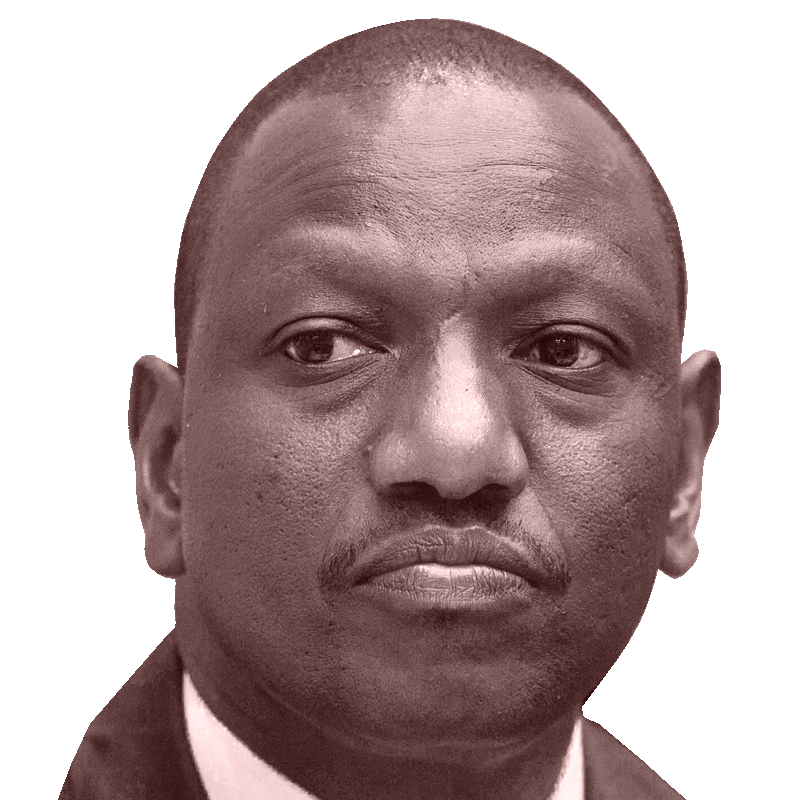 William Ruto William Ruto | 50.9%6,941,345 |
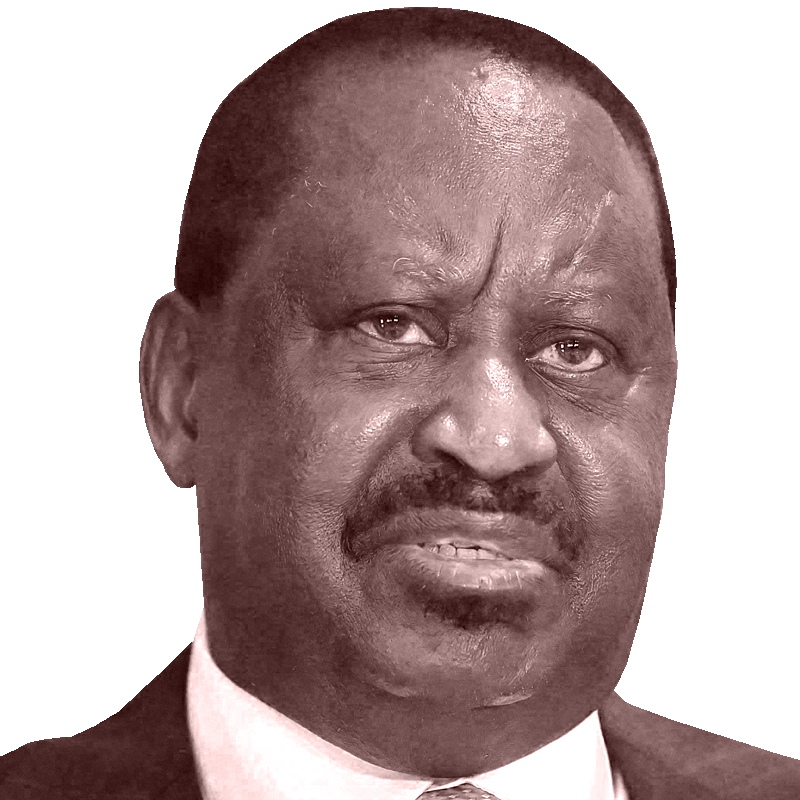 Raila Odinga Raila Odinga | 48.4%6,608,794 |
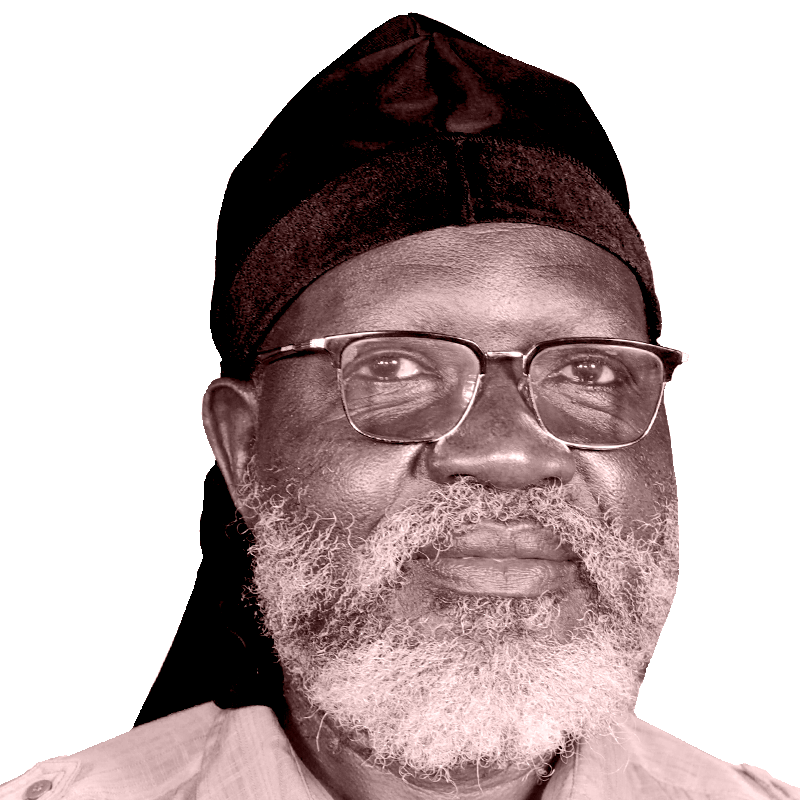 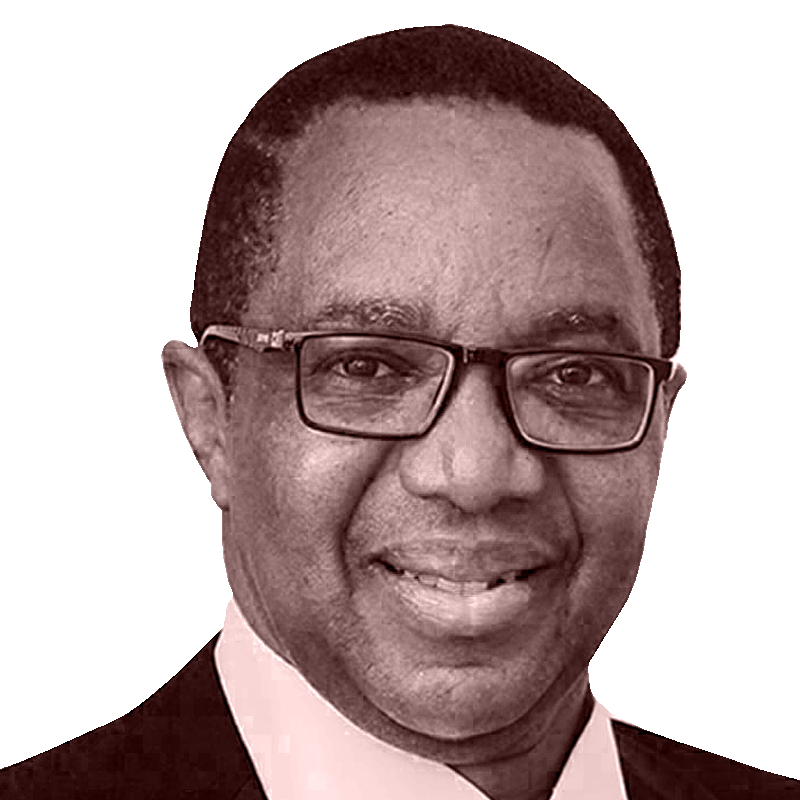 Other Candidates Other Candidates | 0.6%91,883 |
See moreBack to top
IEBC officials have been busy verifying results at the Bomas cultural centre, in the capital, Nairobi, which is being used as the main tallying centre.
They are comparing photographs of result forms from the polling stations to physical forms that officials have brought to the centre to ensure they match.
This painstaking effort has seen the head of the electoral body, Wafula Chebukati, accuse agents from the main parties, who are witnessing the process, of turning a straightforward exercise into a “forensic” one.
On Saturday night, Mr Odinga’s supporters entered a restricted area and accosted electoral officials, accusing them of tampering with the vote.
His chief campaign manager was able to get to the lectern used by top electoral commission officials, where he criticised the result verification process.
“I want to announce to the nation that Bomas of Kenya is a scene of crime,” said Saitabao Ole Kanchory, before the microphone was switched off and he was led away.
Mr Ruto’s supporters accused their opponents of interfering with the tallying process.
Security has since been heightened inside the venue and access to the compound also restricted.
How are Kenyans feeling?
There is a sense of anxiety in the country with many people who spoke to the BBC saying they want the announcement to be made quickly because the tense atmosphere had stalled economic activities in the country. Schools also remain closed.
Disputed elections in the past have led to violence or the whole process election being cancelled.
Following the 2007 vote, at least 1,200 people were killed and 600,000 fled their homes following claims of a stolen election.
In 2017, huge logistical errors led the Supreme Court to annul the result and order the presidential poll to be re-run.
Allegations of election rigging are as old as the country. It was part of politics even before multiparty elections were re-introduced in the 1990s, but the push for free and fair elections has never faltered.
After the violence that followed the 2007 election, political parties and activists argued for the use of technology instead of physical registers, which could be easily manipulated, to verify voters.
This year’s election is the third time technology has been used but it has yet to deliver an election that has not been challenged in the courts.
Officials are under pressure to get things right this time.
“We are going to make it very difficult in this election for people to go to court to challenge the results that we have, because we are so transparent that even if they want to go to court, they would be very embarrassed to do so,” one of the electoral commissioners, Justus Nyangaya, told the BBC.
When will we know the result?
Based on the huge number of verified votes from the constituencies it’s hoped that the electoral commission will clear the remaining 50 constituencies before the end of Monday. If they don’t then legally the announcement has to be made before 1700 local time (1400 GMT) on Tuesday.
If there is a clear leader, celebrations are likely to break out among his supporters – but only the IEBC can make it official.
To win the presidential race in the first round, a candidate needs:
- more than half of all the votes cast across the country
- at least 25% of the votes cast in a minimum of 24 counties.
Otherwise voting goes to a second round which by law has to happen by 8 September.
President Uhuru Kenyatta is standing down after serving his limit of two terms in office. He has endorsed his long-time rival, Mr Odinga, rather than his deputy, Mr Ruto.
Who is in the race to run Kenya?
Learn more about Kenya’s presidential candidates
Choose a candidate to view their bioRaila OdingaWilliam RutoGeorge WajackoyahDavid Mwaure

-BBC
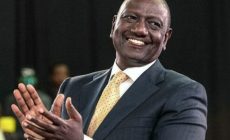
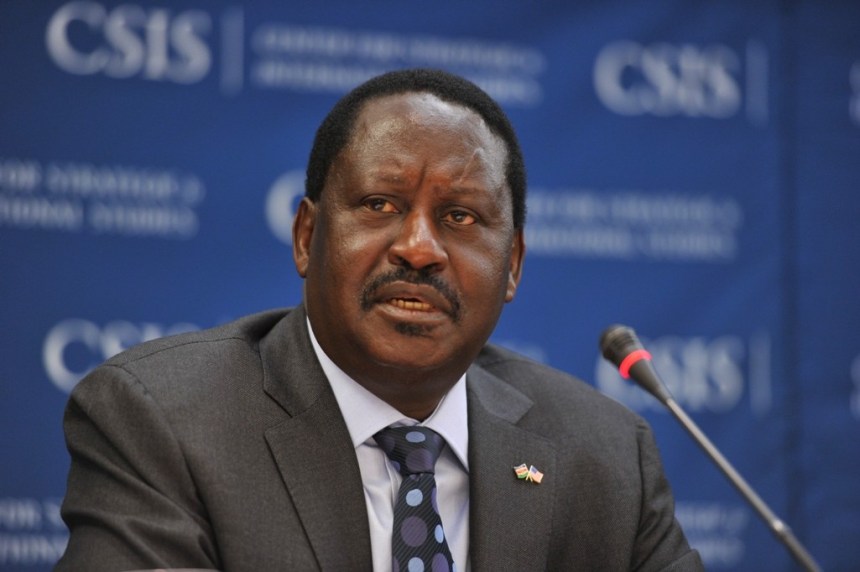
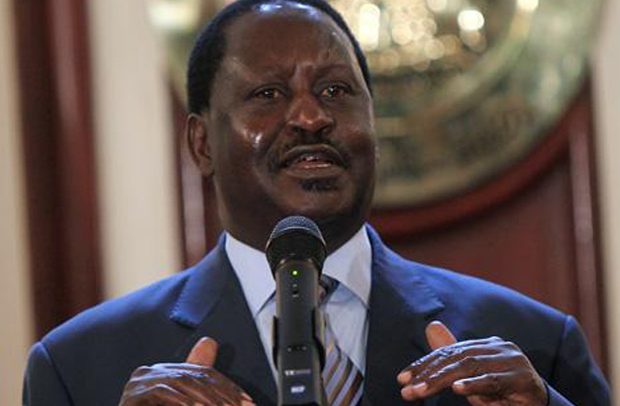






 (Selorm) |
(Selorm) |  (Nana Kwesi)
(Nana Kwesi)